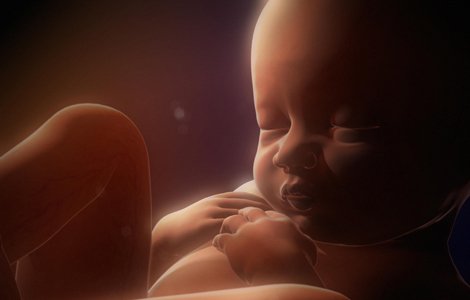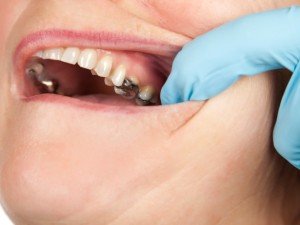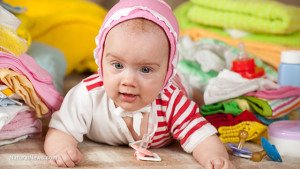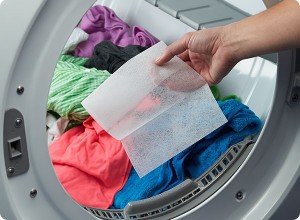Prenatal plastic exposure may affect baby’s reflexes
1 min read
Could exposure to certain chemicals make you react faster or slower? A new study from researchers at Cincinnati Children’s Hospital and Medical Center has found a connection between a mother’s in utero exposure to certain chemicals found in plastics and her infant’s development and reflexes.
The study, published in the journal Neurotoxicology and Teratology, looked at a mother’s exposure to phthalates, chemicals found in a number of consumer products, and found that the mother’s was connected to her baby’s reflexes and self-control.
The two phthalates under scrutiny are di-butyl phthalate (DBP,) which is found in many cosmetics and beauty care products, and d-2-ethylhexyl phthalate (DEHP) a chemical used in the preparation and storage of a number of food products.
For this study, researchers tracked 350 pregnant women from their second trimester of pregnancy until their infants were 5 weeks old. They measured the concentration of chemicals, namely BPA, DEP and DEHP in the women’s urine at 16 weeks and at 26 weeks. When their babes were 5 weeks old, researchers examined the infants’ behavior, stress levels and reflexes, assessing primitive reflexes, active and passive muscle tone, movement quality, alertness and orientation to stimuli.
Source: http://www.mnn.com/family/babies-pregnancy/blogs/prenatal-plastic-exposure-may-affect-babys-reflexes






